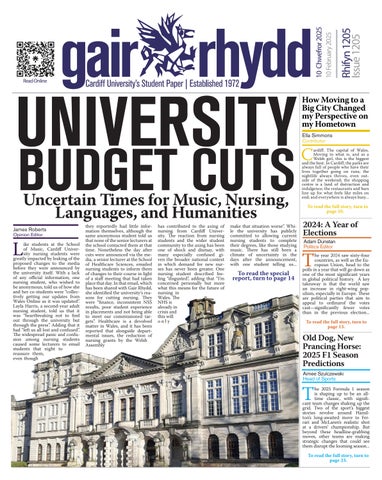
Key Humanities Grants Cut as DOGE Reduces Funding to Cultural Organizations

Title: Cultural Heritage Under Threat: NEH Grant Terminations Signal a Troubling Shift in U.S. Humanities Support
In a sweeping and controversial move, the National Endowment for the Humanities (NEH) has begun terminating grant agreements across the United States, leaving countless cultural, educational, and historical preservation projects in limbo. The terminations, which began surfacing in early April, have impacted a diverse range of organizations, from major museums to grassroots research initiatives, and come on the heels of dramatic changes within federal cultural policy following the reinstated Trump administration and the establishment of the Department of Government Efficiency (DOGE).
Established in 1965 alongside its sister agency, the National Endowment for the Arts (NEA), the NEH has been instrumental in supporting humanities research, education, preservation, and public programs by distributing over $6 billion in funding throughout its history. However, under the recent wave of fiscal austerity and ideological reshaping, the agency is now facing radical restructuring, including potential staff cuts of up to 80%, and the suspension of all new grants for the 2025 fiscal year.
Impacted Projects and Organizations
Among the notable victims of the NEH grant terminations is the Museum of the City of New York, which had been awarded a $100,000 grant for its exhibition “Changing the Face of Democracy: Shirley Chisholm at 100.” The funding was also intended to support a complementary school curriculum recognizing Chisholm — the first Black woman elected to the United States Congress — and her contributions to American political history. The letter of termination stated the action was necessary to “safeguard the interests of the federal government, including its fiscal priorities.”
Similarly impacted is the West End Museum in Boston, which lost a $25,000 grant aimed at documenting and exploring the LGBTQ+ history of the West End neighborhood. The museum’s executive director, Sebastian A. Belfanti, highlighted the deep symbolic loss of the grant, noting that the museum was founded by residents displaced through federally funded urban renewal programs in the mid-20th century.
“This was more than just financial support,” said Belfanti. “It signified validation of our community’s story within the broader national narrative.”
The Broader Implications
These cancellations raise serious concerns about the future of humanities and cultural preservation in the United States. For decades, NEH support has funded everything from archaeological investigations at Indigenous historical sites to educational programs that promote civic engagement and democracy. Now, many institutions must scramble to secure alternative funding or risk abandoning long-planned initiatives.
The funding cuts also disproportionately affect projects focusing on marginalized communities and historically underrepresented narratives, aligning with broader federal actions targeting Diversity, Equity, and Inclusion (DEI) initiatives. Already, the NEA faced backlash for initially updating its grant requirements in line with anti-trans and anti-DEI mandates — before public pressure and a lawsuit from the ACLU forced it to reverse course.
Leadership Shake-Up and Political Context
This sweeping change in direction follows the forced resignation of NEH Chair Shelly C. Lowe in March. Lowe, the first Native American chair of the Endowment and only the second woman to lead the agency, represented a significant step forward in efforts to diversify federal support for the humanities. Her ouster, confirmed by an NEH spokesperson as being “at the direction of President Trump,” has further fueled concerns that the administration is dismantling long-established support for arts and culture.
Behind the changes stands DOGE, a newly established federal department under entrepreneur-turned-political appointee Elon Musk. Tasked with “streamlining” government agencies, DOGE has begun slashing funding across departments — and the NEH has become one of its most visible targets.
A Changing Landscape for the Humanities
The termination of millions in humanities grants mid-cycle raises alarm from scholars, artists, and civic leaders alike, who fear this is only the beginning of a much larger assault on cultural infrastructure. While there remains a hope that Congress may intervene to preserve some of the NEH’s core functions, the loss of funding already committed will have immediate consequences for communities, educators, and researchers nationwide.
“Without public support, many groundbreaking projects simply won’t happen,” said an anonymous senior NEH official in an interview with NPR. “The humanities help us understand who we are — and without them, we risk losing not only knowledge but empathy and connection.”
Conclusion
The NEH’s role in enriching American life through education, historical understanding, and cultural preservation has been both significant and far-reaching. The abrupt termination of its funding signals a seismic shift in how the federal government values — or devalues — its responsibility to the nation’s intellectual and cultural life. As thousands stand to lose their jobs and projects are shelved indefinitely, the country now faces a fundamental question: Can a democracy thrive if it stops investing in the understanding of its own story?
In the wake of these developments, institutions and citizens alike must consider the value of publicly funded culture and